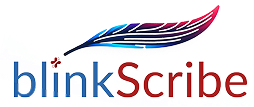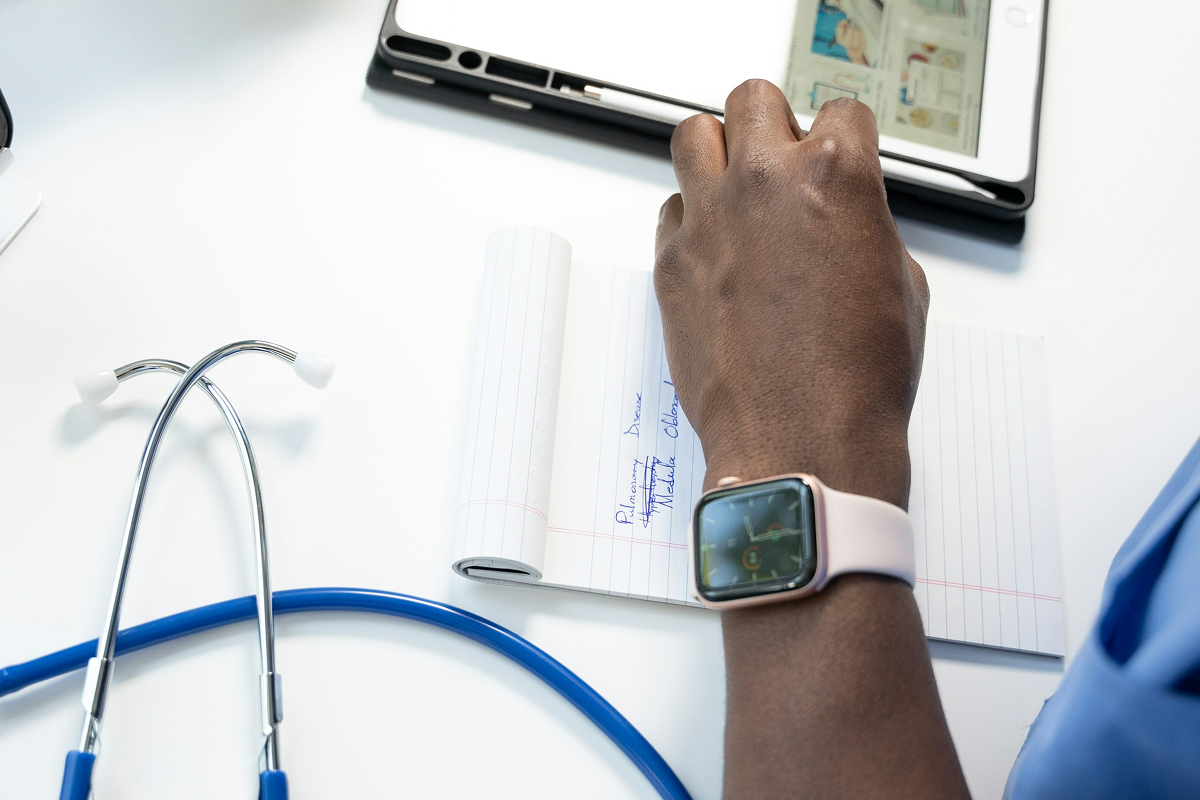
Beyond Immediate Patient Care: How Time Theft Undermines Medicine's Future
Beyond immediate patient care, time theft silently undermines the future of medicine by eroding physicians' capacity to teach, mentor, and innovate. These less visible consequences deserve urgent attention as they shape healthcare's trajectory for decades to come.
Medical education relies on the apprenticeship model, where experienced physicians guide trainees through increasingly complex clinical scenarios. Yet a survey by the Association of American Medical Colleges found that 78% of teaching physicians report having less time for student and resident education than five years ago.
"Teaching moments happen in the spaces between tasks. When every minute is accounted for, those opportunities vanish."
This observation from Dr. James Wilson, a hospitalist and medical educator, highlights how the structured, time-pressured environment of modern healthcare leaves little room for the spontaneous teaching that has traditionally been the backbone of medical education.
The impact on residents is equally concerning. Instead of observing thoughtful diagnostic reasoning, many trainees primarily witness their mentors rushing through documentation requirements. This inadvertently teaches efficiency at the expense of thoroughness—a dangerous lesson in a field where details matter.
Research and innovation suffer similar consequences. Physicians have historically driven medical advancements by identifying patterns in their practice and pursuing solutions. Today, after completing clinical and administrative duties, little energy remains for the creative thinking that drives discovery. A Johns Hopkins study found that academic physicians' research productivity has declined 25% over the past decade, correlating with increased administrative responsibilities.
Even keeping current with medical literature becomes challenging. With over 2.5 million scientific papers published annually, physicians need dedicated time for continuous learning. When that time is consumed by documentation, knowledge gaps widen.
Professional fulfillment also diminishes when physicians cannot engage in teaching and scholarly activities that provide meaning beyond day-to-day patient care. This dimension of time theft may be the most insidious, as it slowly extinguishes the intellectual curiosity and mentorship that ensure medicine continues to attract the brightest minds to care for future generations.
Share this article



